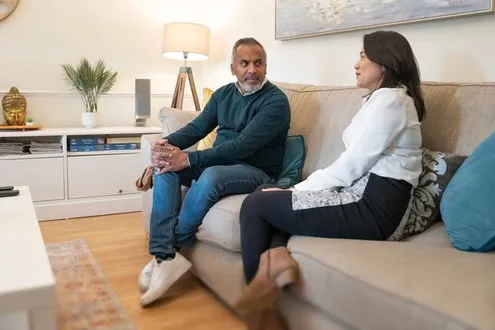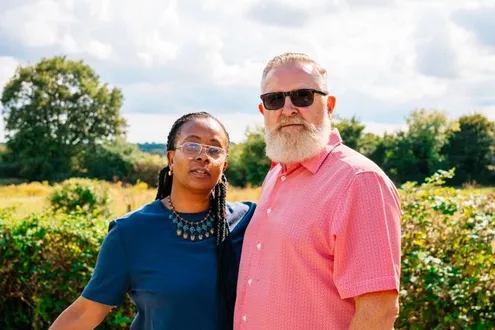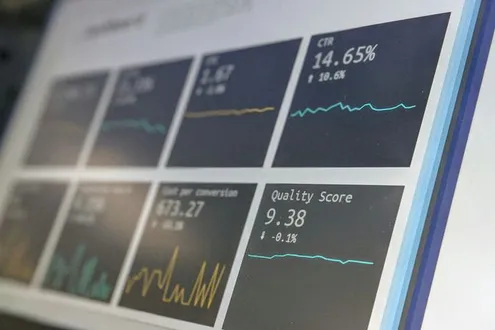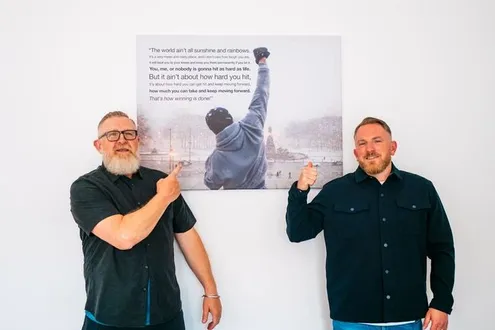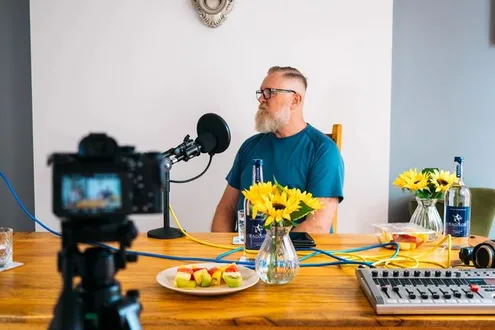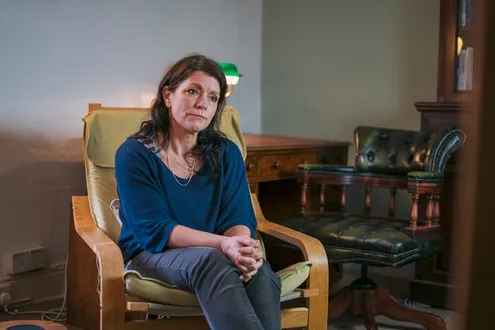A Flexible, Empowering Journey of Personal Growth, Recovery and Identity
A Self-Development and Mentoring Programme is an innovative, adaptable space designed for those looking to make meaningful, lasting change in their lives. It merges the warmth and autonomy of person-centred therapy with the structure and support of peer mentoring — allowing each individual to move at their own pace.
Whether you’re navigating:
- Recovery from addiction or compulsive behaviours and trying to adapt to life after rehabilitation
- ADHD or other forms of neurodivergence
- A loss of identity or life direction
- Emotional overwhelm or burnout
- A desire for deeper self-understanding
- Struggling with mental health management
This programme offers you the opportunity to grow in a space that is non-judgmental, collaborative, and emotionally safe.
“Growth looks different for everyone. I meet people where they are — emotionally, energetically, and practically. The programme flexes around the client, not the other way around.” — Charli Larner
According to the British Association for Counselling and Psychotherapy (BACP), person-centred experiential therapy is as effective as CBT for treating depression, particularly where emotional awareness and self-acceptance are key.
This programme is especially beneficial for individuals continuing their recovery journey after residential or outpatient rehabilitation, offering an additional layer of support and opportunities for personal growth to strengthen their long-term recovery.
If you would like to explore how a self development and mentoring programme may benefit you or a loved one contact our Treatment Advisors for a free assessment.
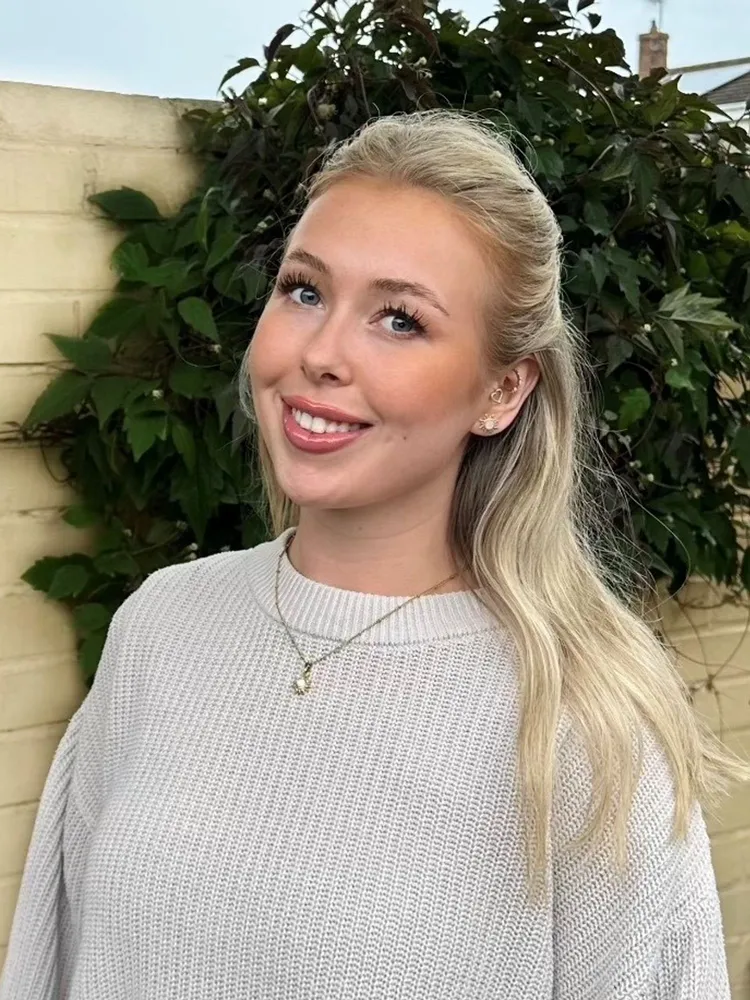
Nothing is fixed — the programme grows with you.
- Weekly check-ins on focus and needs
- Flexibility within sessions for pace and energy
- New goals or approaches introduced when you’re ready
“We adapt constantly. If the tools aren’t working anymore, we let them go. If something’s helping — we expand on it.” — Charli Larner
Each pathway is a flexible template — not a fixed track. Charli will collaborate with you in early sessions to shape the most supportive blend of therapeutic and practical support.
A five-year evaluation in the UK found that person-centred counselling achieved a pre-post therapy effect size of 1.2, indicating significant improvement in clients with common mental health problems, such as anxiety and depression.
1. Person-Centred Counselling Only
A non-directive space to explore trauma, grief, identity, shame, or patterns from the past. Ideal for clients who are not ready or interested in structured mentoring.
Features:
- Open-ended emotional exploration
- Unstructured, client-led sessions
- Especially helpful for those working through trauma or loss of self
2. Therapeutic Mentoring for Recovery
Blends emotional reflection with life-structuring support. Ideal for people moving out of addiction, OCD, or compulsive behaviours who are seeking new direction and identity.
Features:
- Self-reflective exercises to reconnect with self
- Co-designed life-building tools (e.g., value-based planning, routine design)
- Gentle exploration of habits and triggers
“I worked with a client with OCD. We co-created a reset period, slowly expanding his comfort zone. The freedom he found was life-changing.” — Charli Larner
3. Young Adults (16–25) Identity & Resilience Programme
Aimed at helping young people navigate confusion, pressure, and the question: Who am I, really?
Features:
- Creative identity exploration (drawing, audio journals, storytelling)
- Space to discuss beliefs, labels, family expectations
- Goal-setting that avoids pressure and honours curiosity
“A lot of young people don’t know who they are — and feel like they should. I help them explore what they do feel connected to, at their own pace.” — Charli Larner
4. ADHD-Friendly Support
For neurodivergent clients, particularly those with ADHD, this therapeutic programme honours energy fluctuations, sensory needs, and executive functioning challenges.
Features:
- Flexible session structure (talking, movement, creative work)
- Co-designed tools: mood trackers, audio journaling, broken-down goals
- Self-regulation strategies based on client interests
“ADHD looks different in everyone. I help clients create their own tools — things that feel engaging, enjoyable, and doable.” — Charli Larner
5. 12-Step Compatible Pathway
For those working with or around 12-Step models (e.g., AA, NA), this programme can gently align with step themes while preserving autonomy and choice.
Features:
- Weekly sessions (12-session cycle available)
- Flexible use of themes like honesty, acceptance, self-inquiry
- Room to critique or reframe 12-step language
“Clients can engage with step themes in their own language, or discard them entirely. The work is never about fitting into a model — it’s about using what helps.” — Charli Larner
Progress is not measured by ticking boxes — it’s observed through meaningful change in thoughts, feelings, and behaviours.
Some signs of progress:
- “I feel more grounded in who I am.”
- “I spoke up instead of shutting down.”
- “I’ve stopped judging myself for needing rest.”
“Progress isn’t always linear. But when we reflect together and notice even small shifts, the impact can be huge.” — Charli Larner
Midway through each block of sessions, you’ll check in with Charli on what’s working, what’s shifting, and whether you want more or less structure.
